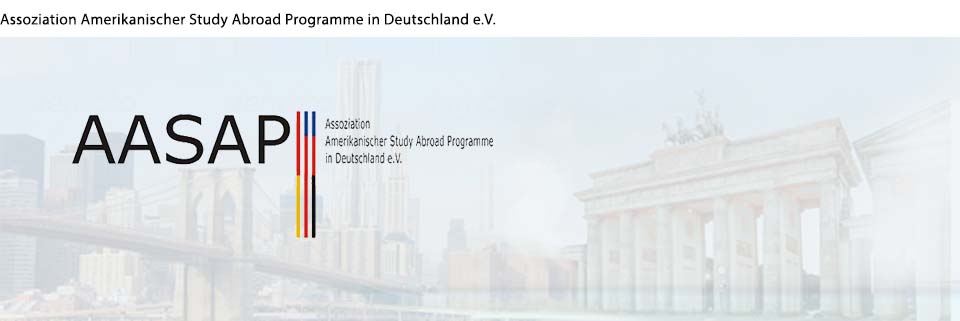
EUASA "Economic Impact"
Stephen Robinson, Assoc. Prof. of Geology und seit über 10 Jahren Resident Director des Champlain College in Dublin, hat auf der Prager Konferenz des FORUM 2018 die Studie "Economic Impact of Study Abroad in Ireland" vorgestellt. Die Studie basiert auf umfangreichen Recherchen der Agentur "Southern Cross Consulting" in Dublin. Zugrunde liegendes Datenmaterial aus den Jahren 2016-2018 stammt sowohl aus amtlichen (Central Statistics Office of Ireland) bzw. öffentlichen Statistiken als auch aus eigenen Erhebungen bei Studierenden und Personal der amerikanischen Study Abroad Programme. Dieses Datenmaterial wurde auf die Gesamtzahl der ca. 12.000 Studierenden in diesen Programmen hochgerechnet. Die Daten zu den Personalkosten basieren auf den statistischen Bruttogehältern des Personals, klassifiziert nach Tarifen bzw. Gehaltsstufen der irisch-amerikanischen Hochschulszene.
Von Seiten der European Association of Study Abroad (EUASA) wird angeregt, diese "Economic Impact"-Studie als Modell für eigene Studien in den anderen europäischen Ländern zu nehmen, um möglichst vergleichbares Zahlenmaterial für die Argumentation auf EU-Ebene in Brüssel zu gewinnen.
Understanding U.S. Study Abroad in Ireland - Economic impact and future possibilities (long)
Understanding U.S. Study Abroad in Ireland - Economic impact and future possibilities (short)
Guy Haug
"Guy Haug is one of the fathers of ERASMUS and one of the masterminds behind the Bologna process. His article "Capturing the Message Conveyed by Grades" (1997) looks at credential evaluation, credit transfer, and grade translation between the U.S. and Europe (mainly UK, Spain, France, Germany). His plea is for grade translation to be regarded as translating a message that needs to be conveyed in a different language. Grade interpretations should be done by the users, i.e. by the institutions that use them as input for their decision making, and it should move away from being an exercise in mathematics or accounting. Comparing EU grading systems with eachother and with the U.S. system, he draws attention to various pitfalls to be avoided by the careful translator."

